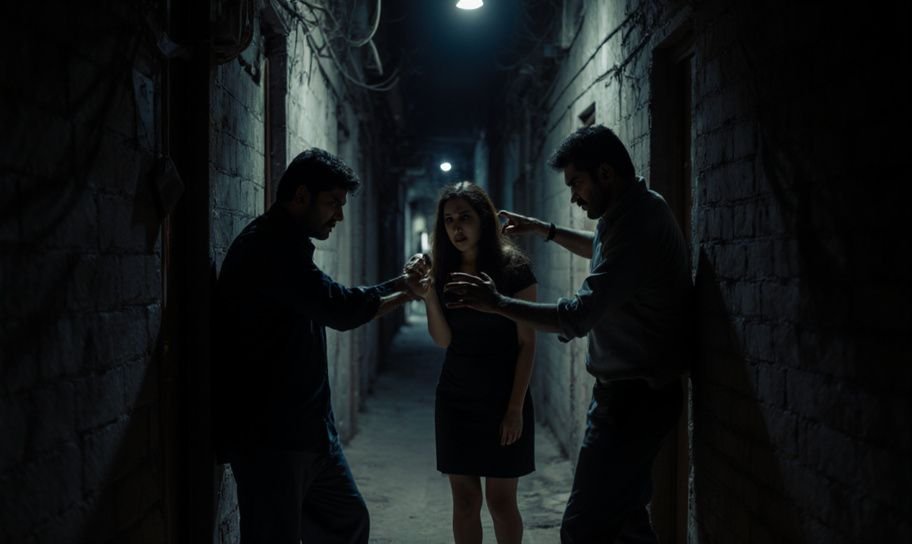
In a recent decision, the court decided not to let two convicted rapists serve their prison time at the same time. Instead, they'll serve one sentence after the other. Let's break down what happened.
Viru @ Virendra and Pintu Yadav were found guilty of a terrible crime. They committed a gang rape and threatened the victim with violence. The court sentenced them to 10 years in prison for the rape and an additional year for the threats.
In 2006, the trial court found them guilty, but it didn't specify if the sentences should be served at the same time or one after the other. This detail was crucial because it affected how long they'd stay in prison.
Viru @ Virendra and Pintu Yadav appealed the decision, but the High Court supported the original verdict in 2019. They even took their case to the Supreme Court, but it was dismissed. Throughout these appeals, they never asked for the sentences to be served at the same time.
Years later, Pintu Yadav filed an application asking the court to clarify that his sentences should be served at the same time. His lawyer argued that the crimes were part of the same incident, so the sentences should overlap.
"The offenses were arising out of one and the same transaction," said the lawyer.
Judge Nivedita P. Mehta rejected this application. The judge explained that the court couldn't change the sentence now because it had already been finalized by the higher courts. The law doesn't allow revisiting such decisions unless there's a clerical error.
The court referred to sections of the Criminal Procedure Code, explaining how sentences are typically handled. Usually, if not specified, sentences are served one after the other. The court emphasized that decisions like these depend on the crime's nature and circumstances.
The court decided that changing the sentence at this stage wasn't possible. The decision to make sentences concurrent or consecutive should have been made during the trial or appeals, not years later.
This case highlights the importance of clear sentencing guidelines and timely legal actions. It also shows the complexity of the legal system and the finality of court judgments.
"The present attempt to seek modification of the operative portion of the judgment is, therefore, wholly misconceived and devoid of merit," the judgment stated.
And that's the story of how the court decided on the sentences for these serious crimes.